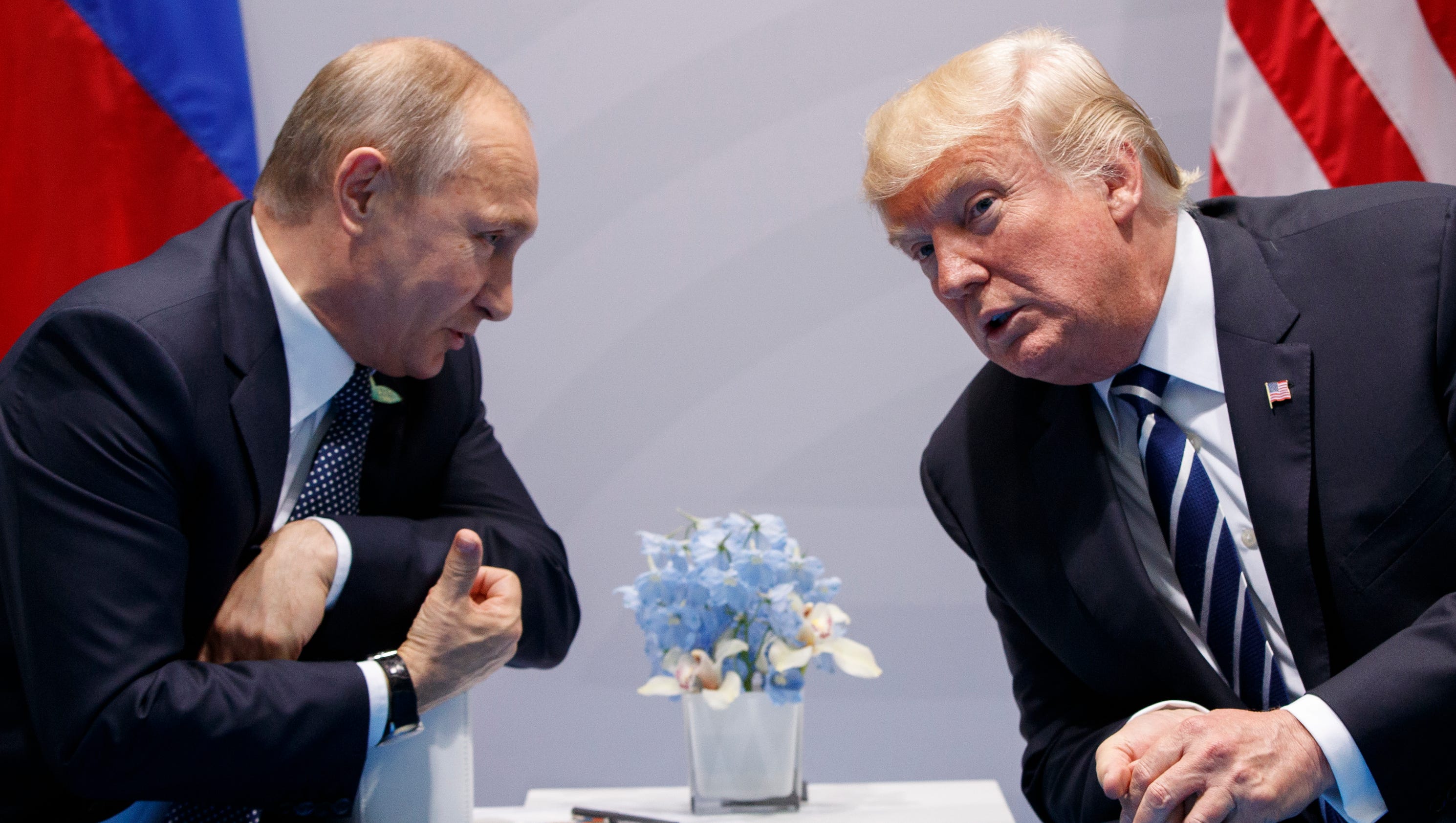Romanian leader seeks more Trump meetings
A Romanian politician sentenced to jail for rigging elections is trying to arrange meetings with Vice President Mike Pence and House Speaker Paul Ryan (R-Wis.), according to recent Justice Department filings.
Liviu Dragnea, who is speaker of Romanian Parliament’s lower chamber and party president, received a two-year suspended jail sentence last year for trying to rig a referendum election to impeach the country’s president.
Now, his Social Democratic Party is paying Washington public-affairs group Madison & Co. $100,000 to introduce Dragnea to Pence and Ryan “as soon as possible” and to arrange “political, media and academic meetings” for Dragnea. Operatives working on the case include Madison & Co. president Al Madison; Democratic lobbyist and “rainmaker” William Oldaker; Drew Willison, Senate Democratic Minority Leader Harry Reid’s (Nev.) final chief of staff; and William Harris, a Republican operative who “has worked for the Trump Organization on a variety of political and business matters,” according to a disclosure filing. The Justice Department has not yet released disclosures forms for Oldaker or Willison.
This wouldn’t be Dragnea’s first brush with members of the current administration. In the days before President Donald Trump’s inauguration, Dragnea met with the president-elect, now-former National Security Adviser Michael Flynn and Ed Royce (R-Calif), who chairs the House Foreign Affairs Committee.
*** Remember Guccifer is Romanian.
The Foreign Agents Registration Act is in fact a joke, but quite a lucrative one if you are part of a Washington DC law firm. As noted on the website, under the guidance and management of the Department of Justice:
The Foreign Agents Registration Act (FARA) was enacted in 1938. FARA is a disclosure statute that requires persons acting as agents of foreign principals in a political or quasi-political capacity to make periodic public disclosure of their relationship with the foreign principal, as well as activities, receipts and disbursements in support of those activities. Disclosure of the required information facilitates evaluation by the government and the American people of the statements and activities of such persons in light of their function as foreign agents. The FARA Registration Unit of the Counterintelligence and Export Control Section (CES) in the National Security Division (NSD) is responsible for the administration and enforcement of the Act.
The person at the Justice Department who is in charge of this division was Dana Boente. He suddenly resigned last week…..hummmm. Boente assumed the position of Deputy Attorney General, when Trump fired Sally Yates when she refused to defend Trump’s travel suspension executive order. Boente declared he would defend in court that executive order, but was that really true since he suddenly resigned?
Seems Boente was selected to oversee the department’s division handling the probe into alleged Russian election interference, overseeing efforts on cybersecurity and counterintelligence.
Another hummm
So back to foreign lobby and continued foreign interference in DC…
The last time I can remember a stir about a lobby firm evading disclosure law was in 2004, when Qorvis Communications’ offices were raided by the FBI in a probe about its work for the royal family of Saudi Arabia. However, nothing much came of it, and business carried on as usual among Washington lobbyists. Two years ago, reportedly, a number of Qorvis lobbyists quit because they were uncomfortable with the firm’s work. According to this 2015 story in the New York Observer, more than a third of Qorvis partners had left the firm—to start their own lobby shops—“partly because of the firm’s work on behalf of such clients as Yemen, Bahrain, Saudi Arabia and the Central African nation of Equatorial Guinea,” reported the Huffington Post. “‘I just have trouble working with despotic dictators killing their own people,’ said one Qorvis insider.”
The last time I can remember a stir about a lobby firm evading disclosure law was in 2004, when Qorvis Communications’ offices were raided by the FBI in a probe about its work for the royal family of Saudi Arabia. However, nothing much came of it, and business carried on as usual among Washington lobbyists. Two years ago, reportedly, a number of Qorvis lobbyists quit because they were uncomfortable with the firm’s work. According to this 2015 story in the New York Observer, more than a third of Qorvis partners had left the firm—to start their own lobby shops—“partly because of the firm’s work on behalf of such clients as Yemen, Bahrain, Saudi Arabia and the Central African nation of Equatorial Guinea,” reported the Huffington Post. “‘I just have trouble working with despotic dictators killing their own people,’ said one Qorvis insider.”





